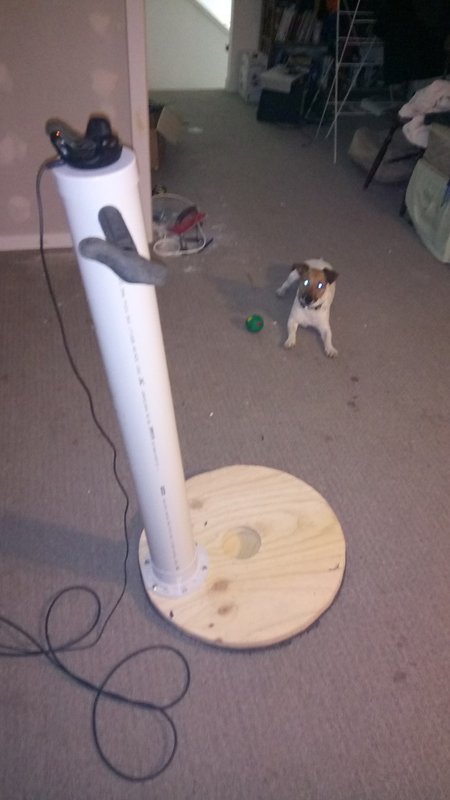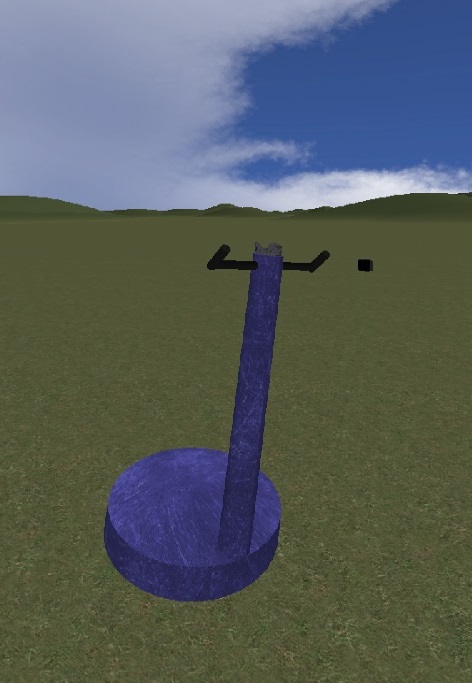I've been lurking around some of the GameDev articles on VR development and it got me thinking about getting everyone to brainstorm some ideas with me.
As you would imagine; lifelike, fully immersive VR seems to be decades (perhaps centuries) off. There are plenty of reasons for this, these reasons include the fact that you would need the control system to be pretty physically invasive in order to give you direct sensory feedback for things like sense of smell and high detail touch. One other reason is that even when you manage to build a viable brain interface with the level of control and feedback necessary, you THEN need a computer system capable of interpreting and handling all of that input. You would need to simulate the subtle environmental effects of reality (on a practically atomic level) on the human body; gentle breezes, subtle humidity changes, air resistance associated with movement etc...
It may happen one day, but not soon. The general consensus in much of the available information is that the required technology lies at the end of a long road of research in different fields - most of which aren't being heavily focused on.
The current VR experience is things like the Oculus Rift, where hand controllers bring your basic physical movements into the equation - but they're essentially Wii Remotes that don't really cover the full range of human movement (or even basic manual dexterity).
The thing I would like to discuss is this:
What kind of non-invasive game controller (using realistic, existing tech) could be developed that would allow the player to control the body's full range of movement in a VR environment?
The only feedback that needs to be implemented is sight (which I think is well on its way currently via the headsets on the market today) and audio (which could basically be integrated headphones). To me, smell and taste can be done without for now as they are to do with how we interact with substances chemically. These would be cool, but more difficult to implement and few game environments rely on these senses.
What I'm going for is a device that bridges the gap between now (Oculus Rift etc...) and the future (fully immersive, indistinguishable VR) by using realistic technology that doesn't potentially harm its operator.
Personally, I had the idea that a person could be put into a suit that restrains their movements so they aren't flailing around their kitchen while playing a game. The suit could be lined with pressure sensors, so that when the sensors in say; the top of the left arm were pressed - their character would respond by raising their left arm until it were fully extended or the pressure on the sensor were released by the player. This could be fine tuned to work with things like the hand, sensing individual digits. In-game representations of the player could have restrictions on what directions their limbs move in to prevent their hands from turning inside out if the sensors relevant to fist clenching were activated for too long.
The internet is full of upcoming products involving multidirectional treadmills etc, but it seems to me these are basically just advanced d-pads.
What are your ideas about how this could be done?
Bonus points for compact versions that could realistically be bought for home use.












